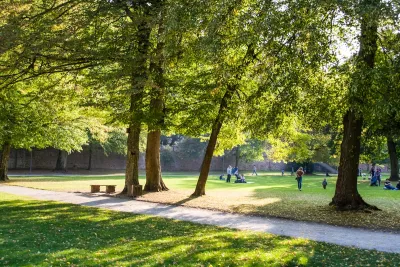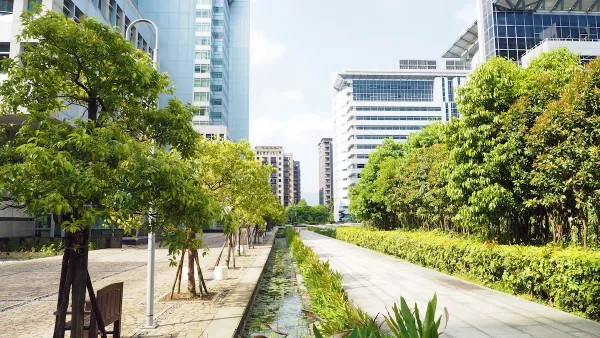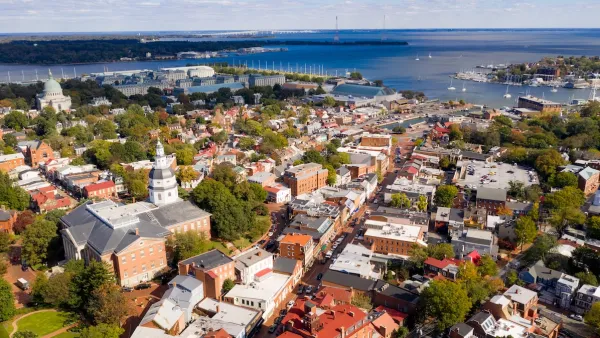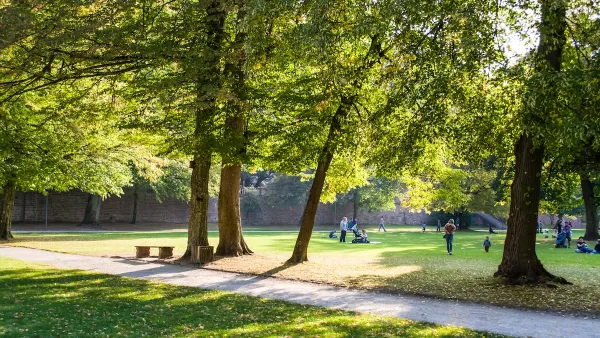Louisville's Green Heart project demonstrates that strategically planting trees in underserved neighborhoods can significantly reduce inflammation levels, highlighting the health benefits of urban greenery through a novel, data-driven approach.

In response to rising urban temperatures and air pollution, Louisville, Kentucky, has implemented several green initiatives, including a $12.6 million federal grant to expand tree cover in underserved neighborhoods. A significant part of this effort is the Green Heart Louisville project, a groundbreaking urban forestry study that monitored the health effects of planting 8,000 trees and shrubs in specific neighborhoods. The study found that residents in areas with new greenery had significantly lower levels of inflammation, a key factor in heart disease, cancer, and diabetes.
As reported by Linda Baker, the Green Heart Louisville project is notable for its scientific rigor, using a clinical trial design to study the health impacts of urban trees. The researchers focused on planting mature trees in areas with the highest air pollution levels, and their findings underscore the tangible health benefits of urban greenery. Led by the University of Louisville and the Nature Conservancy, this study marks the first large-scale effort to directly connect tree planting with public health data, revealing how thoughtful urban design can improve residents' well-being.
Looking forward, the study’s success may serve as a model for cities across the country facing similar challenges. With its focus on scientifically driven interventions, the project highlights the potential of trees as essential infrastructure for cooling and pollution mitigation, particularly in low-income areas. Louisville's leadership in this area could inspire other cities to prioritize urban greening as a tool for improving public health and addressing climate change.
FULL STORY: A City Finds Success Using 'Trees as Medicine'

Analysis: Cybertruck Fatality Rate Far Exceeds That of Ford Pinto
The Tesla Cybertruck was recalled seven times last year.

National Parks Layoffs Will Cause Communities to Lose Billions
Thousands of essential park workers were laid off this week, just before the busy spring break season.

Retro-silient?: America’s First “Eco-burb,” The Woodlands Turns 50
A master-planned community north of Houston offers lessons on green infrastructure and resilient design, but falls short of its founder’s lofty affordability and walkability goals.

Test News Post 1
This is a summary

Analysis: Cybertruck Fatality Rate Far Exceeds That of Ford Pinto
The Tesla Cybertruck was recalled seven times last year.

Test News Headline 46
Test for the image on the front page.
Urban Design for Planners 1: Software Tools
This six-course series explores essential urban design concepts using open source software and equips planners with the tools they need to participate fully in the urban design process.
Planning for Universal Design
Learn the tools for implementing Universal Design in planning regulations.
EMC Planning Group, Inc.
Planetizen
Planetizen
Mpact (formerly Rail~Volution)
Great Falls Development Authority, Inc.
HUDs Office of Policy Development and Research
NYU Wagner Graduate School of Public Service




























